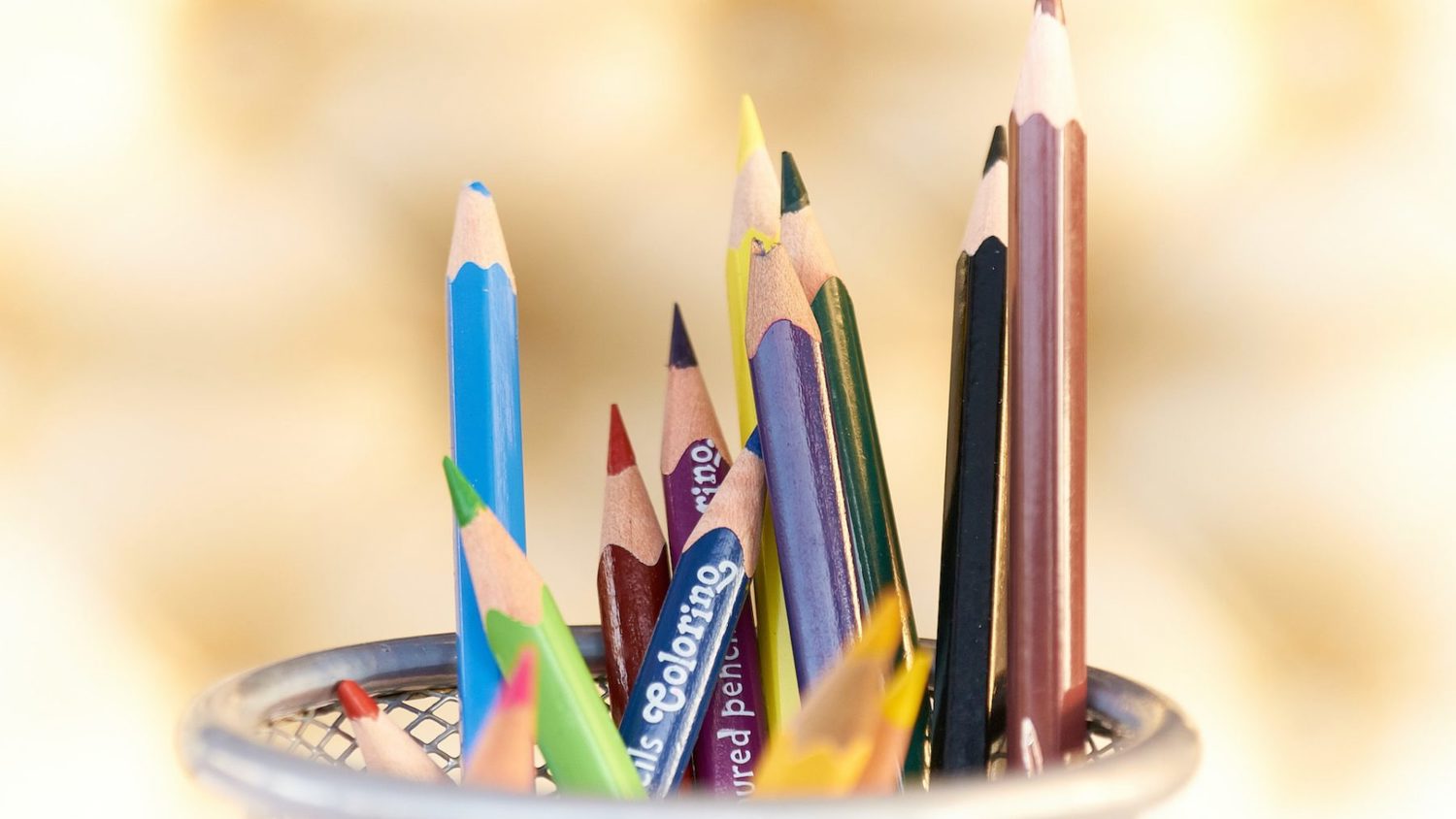
Knowing the cross-border culture and language is as important as knowing your own
Bridging communities through teaching and projects
I also have the opportunity to work with the wider local community and the municipality of Koper because I am involved in a number of international projects. These projects allow me to test new didactic approaches, research my own practice, and implement new teaching methodologies.
My biggest daily challenge is to get my students excited about the Italian language and culture. Although the Italian language is present in the ethnically mixed area of Slovenian Istria, students have few opportunities to learn the language authentically.
Bringing the Italian experience to students
As I work with the youngest children, I understand the importance of engaging their cognitive development and enabling the spontaneous acquisition of a second language. I wanted to offer my pupils an authentic Italian experience: visiting our cross-border area, talking to native speakers, reading signs in another language, and discovering the meaning of the Italian language.
Developing bilingual and cross-cultural learning
Thanks to EDUKA2, a project co-financed by the INTERREG V-A Italy-Slovenia programme, I could focus on cross-curricular integration. Collaborating with history, geography, music, and fine arts teachers, we developed interdisciplinary materials. This experience has deepened my awareness of bilingual inscriptions and translations while exploring the history and culture of my region.
Adapting education during the pandemic
To keep students engaged during the pandemic, EDUKA2 developed an online interactive game. The game enabled students to explore their surroundings and the cross-border area, even while attending classes from home. This activity underlined the importance of knowing both one’s own and cross-border cultures and languages.
Interreg has provided opportunities for regional development, networking for young people, career development, and fostering awareness of a shared cross-border area that should be respected and preserved.
Personal and professional growth through EDUKA2
The benefits of the EDUKA2 project extended beyond my students. Working in the field of cross-border cooperation inspired me to enroll in a postgraduate programme in Language and Intercultural Studies at the Faculty of Humanities in Koper. My Ph.D. research focuses on developing communicative competencies in Italian for younger children.
The project also enabled me to collaborate with professional colleagues from my region and across borders. Together, we prepared teaching materials, held workshops, and established connections with schools and local institutions. These experiences have been invaluable, and I continue to stay in touch with the people I met during the project.
Partnership and funding
The project was delivered through a partnership that included the Slovenian Research Institute, the Slovenian Institute for Ethnic Studies, the Società Filologica Friulana (Italy), Ca’ Foscari University of Venice (Italy), the University of Nova Gorica (Slovenia), and the University of Primorska (Slovenia). It was financed by the Interreg V-A Italy-Slovenia Programme.
The EDUKA2 project ran from 2017 to 2019 with the aim of creating common governance tools and shared educational models. The project encouraged bilingualism and collaboration between regions.
